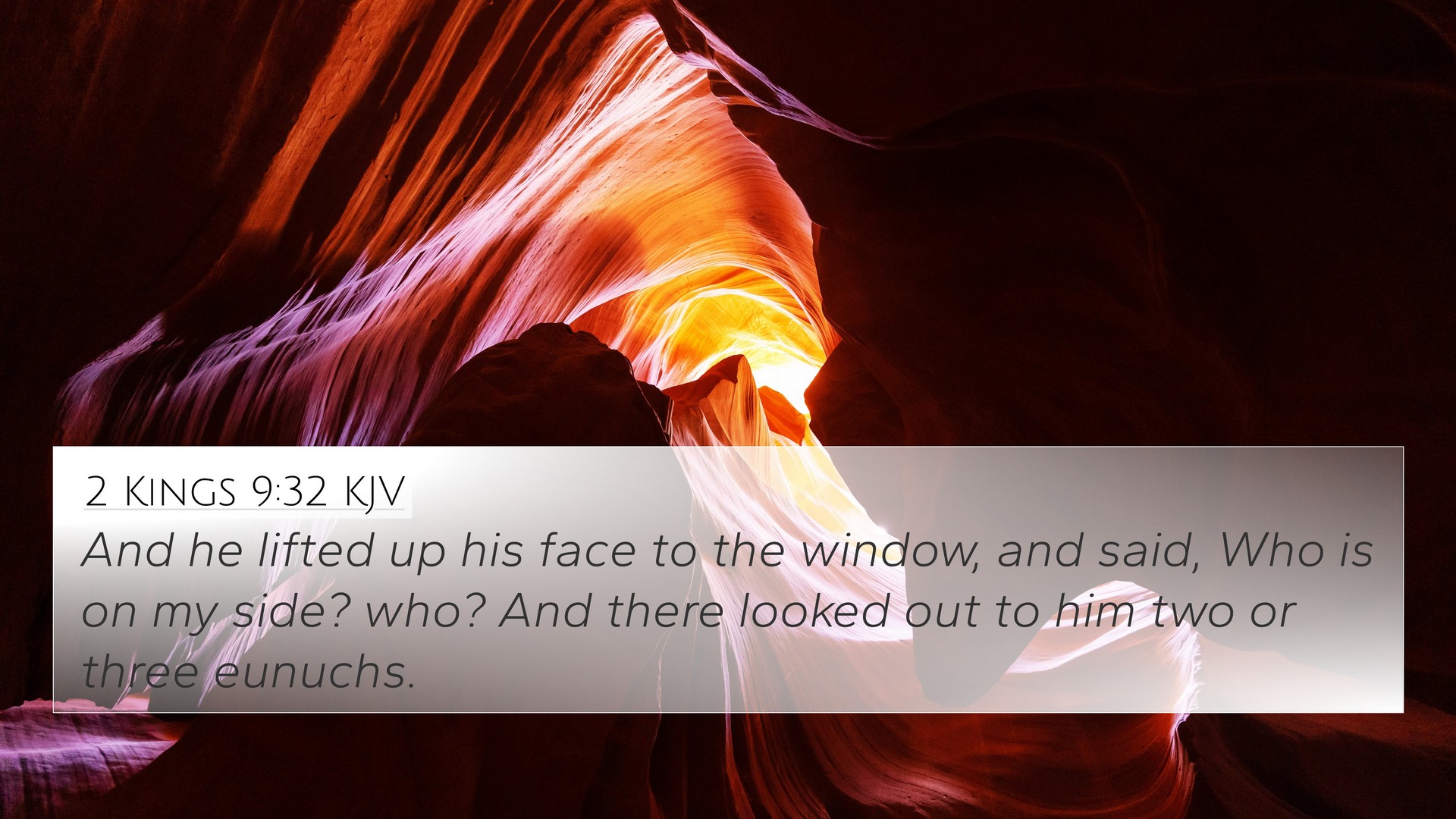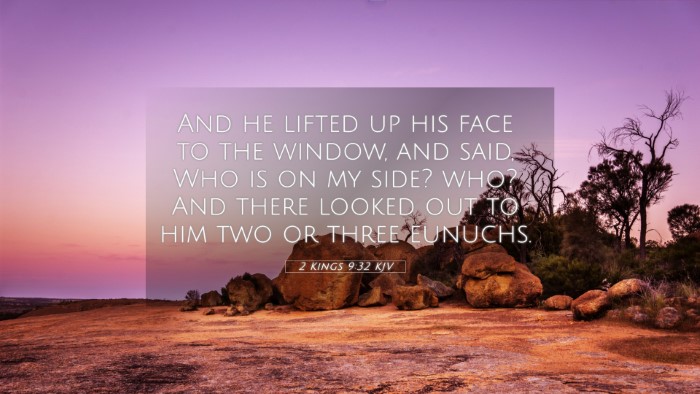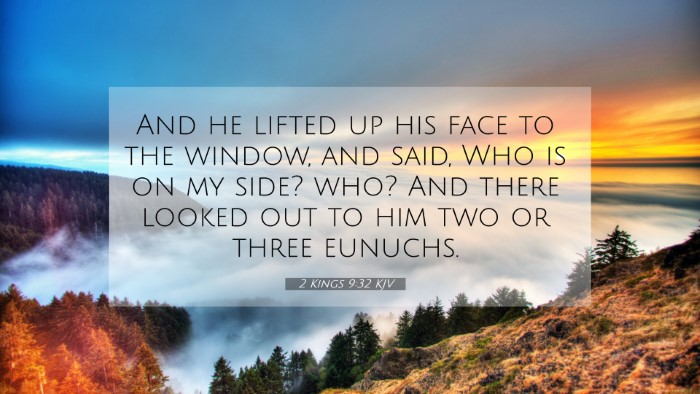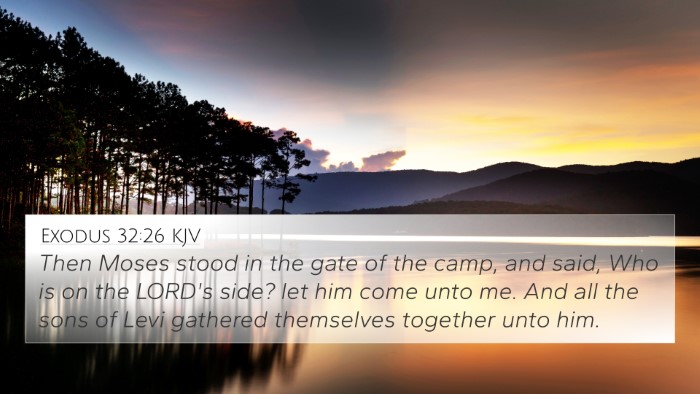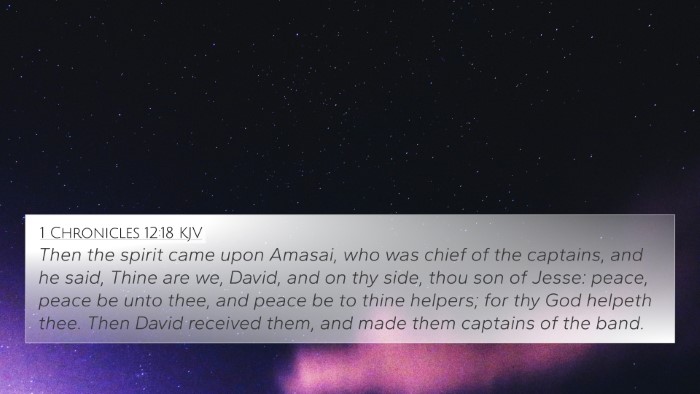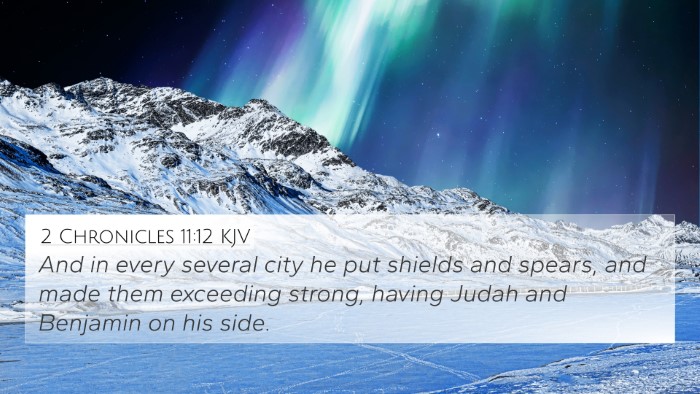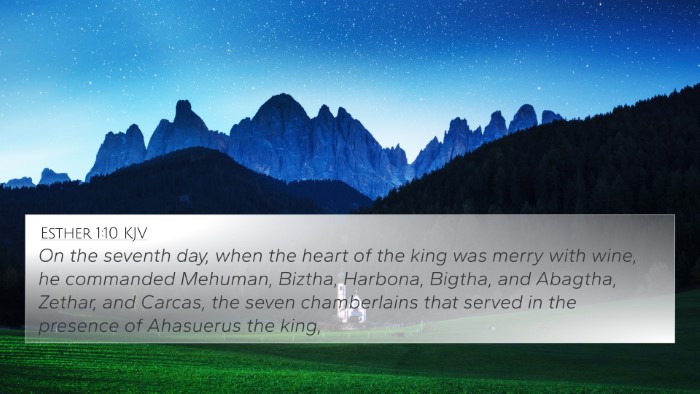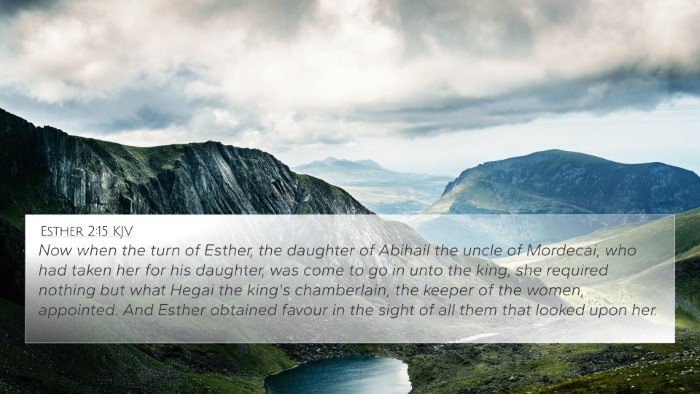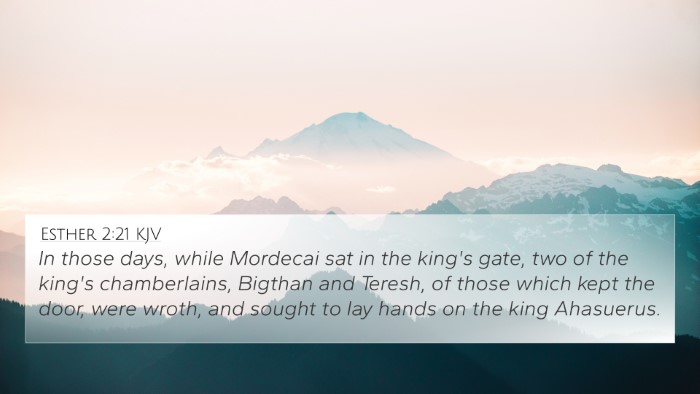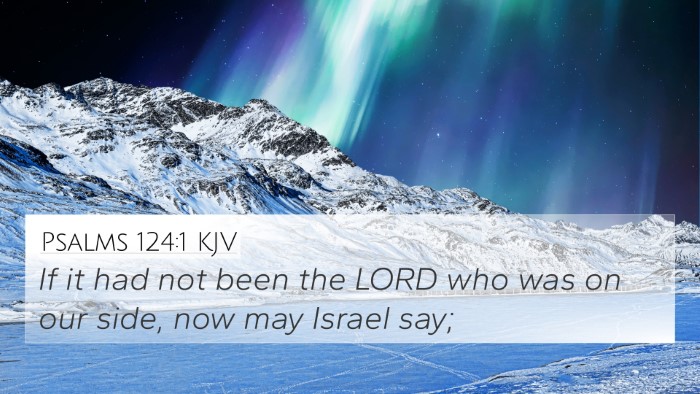Understanding 2 Kings 9:32
Verse: "He lifted up his face to the window and said, 'Who is on my side? Who?' And two or three eunuchs looked out at him." - 2 Kings 9:32
This verse takes place during the anointing of Jehu as king of Israel, and highlights a pivotal moment in the narrative concerning the downfall of the house of Ahab. It serves as a turning point, indicating Jehu's decisive action against idolatry and evil leadership.
Commentary Insights
-
Matthew Henry:
Henry emphasizes the boldness of Jehu and the anticipation of his actions against Queen Jezebel. The eunuchs' response reflects their alignment with Jehu's direction, showcasing the critical support he needed to pursue the reforms in Israel. This moment symbolizes a call to action amidst evil rule and the necessity of aligning with God’s purposes.
-
Albert Barnes:
Barnes highlights the historical context and the significance of Jehu's challenge. The act of calling out to those on his side suggests a gathering of support against Jezebel’s reign. This moment signifies the transition from complacency to confrontation, where God’s judgment begins to unfold.
-
Adam Clarke:
Clarke provides insight into the courage required to confront powerful oppressors. Jehu’s call represents a pivotal declaration of loyalty and righteousness, with the eunuchs' response serving as an affirmation of their allegiance. He draws attention to the importance of communal support in confronting injustice.
Contextual Analysis
This verse functions within a broader narrative highlighting the decline of the house of Ahab. The anointing of Jehu signifies God's intervention in Israel's governance. The thematic connections to judgment and reform are stark, resonating through multiple scriptural references.
Bible Verse Cross-References
- 1 Kings 19:16 - God's instruction to anoint Jehu as king, laying the groundwork for upcoming events.
- 2 Kings 10:1-11 - The fulfillment of Jehu's mission and the destruction of Ahab’s descendants.
- 2 Chronicles 22:7 - The role of divine providence in the downfall of the house of Ahab.
- Hebrews 11:32-34 - Acknowledgment of those who acted in faith to achieve God's purposes, drawing a parallel with Jehu's actions.
- 2 Kings 8:18 - Contextual background of the ungodly reign of the house of Ahab and its consequences.
- Matthew 5:14 - The call to be lights in the world, akin to Jehu’s call to action against darkness.
- Revelation 2:20-23 - A warning against corrupt leadership, echoing Jehu’s confrontation with Jezebel.
Thematic Connections
This verse reflects the themes of leadership, divine justice, and moral rectitude. It illustrates the necessity of decisive action in the face of moral decay, inviting deeper reflection on contemporary leadership dynamics in light of scriptural principles.
Conclusion
2 Kings 9:32 serves as a powerful reminder of the courage needed to confront evil and the importance of rallying support for righteousness. Through cross-referencing with other biblical texts, the interconnectedness of God’s will and the necessity of faithful leadership become evident. The study of this verse encourages readers to seek out similar themes throughout the Bible, enriching their understanding of how the narrative of God's people unfolds across scripture.
